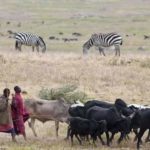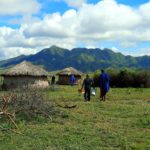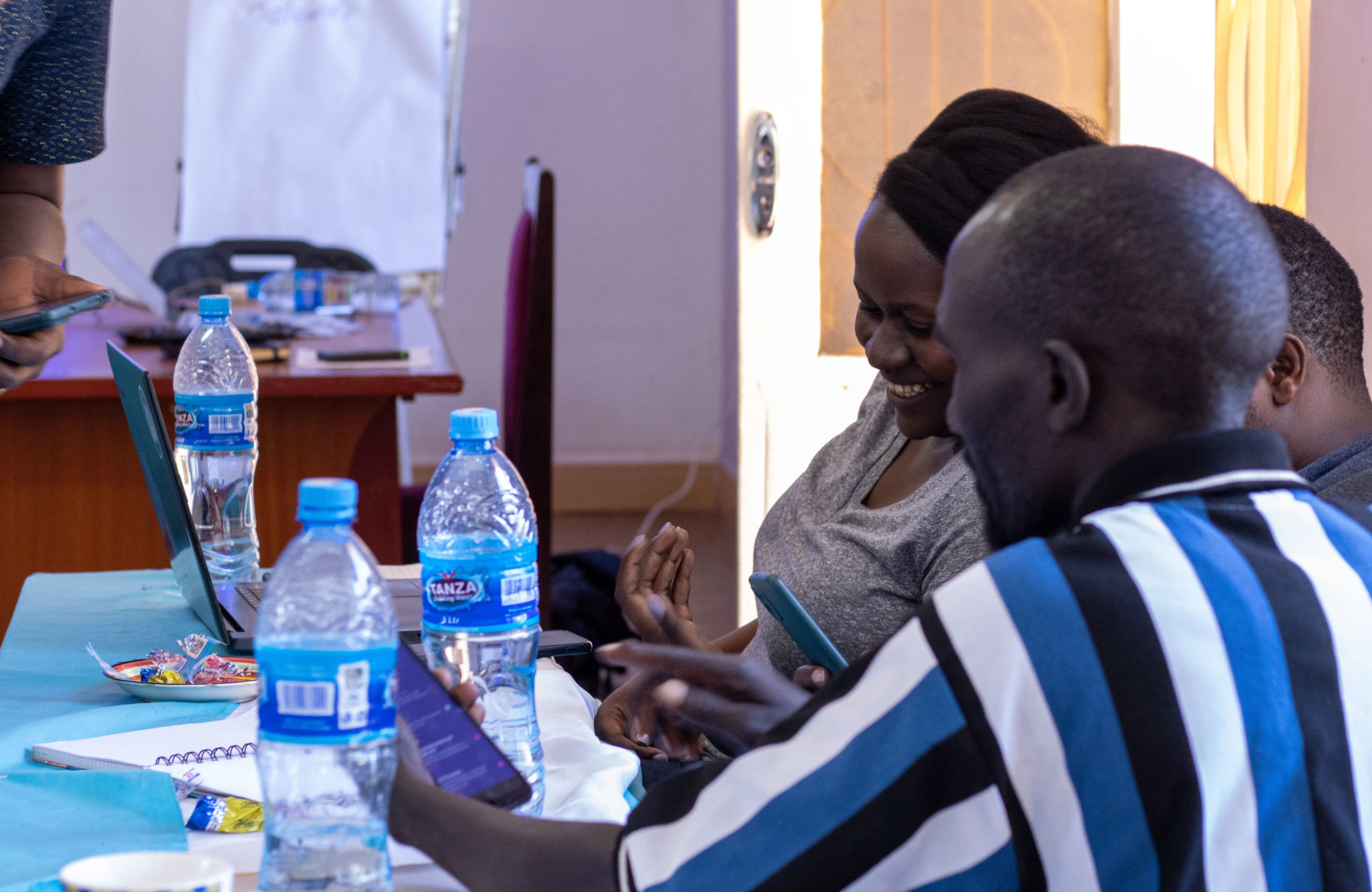The advent of new media technologies, signifies that digital security training is essential for indigenous peoples, who are increasingly relying on digital technologies in their daily lives and activism. The internet has today become a powerful tool for promoting human rights and advocating for marginalized communities (despite being used in demolishing the same as well). However, it also presents new risks and challenges, especially for indigenous peoples who are particularly vulnerable to surveillance, cyber attacks, and other digital threats as they embark on protecting their land.
Here are some of the reasons why digital security training is so important for indigenous peoples:
- Protection against surveillance: Indigenous peoples are often subject to surveillance by governments and other entities that seek to silence their activism. Digital security training can help them understand how to secure their devices and communications from unauthorized access and surveillance. This includes using encryption tools, secure passwords, and avoiding unsecured Wi-Fi networks. The later has been so common to the extent that it is somehow waived by many – hence compromising their information safety. Password remains a tricky part as well, since many fall victims for using the same PIN or name over and over so long as it makes them comfortable. Security is overall a discomfort part that is in place to bring you comfort. I hope that is not confusing at all – or maybe just a little.
- Data protection: Indigenous peoples have a wealth of cultural heritage, land rights, and other sensitive information that is valuable to those who seek to exploit or harm them. It is thus important to help them understand how to keep their data safe and secure, including using secure storage solutions, regularly backing up important data, and being mindful of what is being shared on online platforms. It is easy to find one nowadays oversharing in the name of being social. Being social is far from having details that are associated with you on several platforms, for the whole world to know your hobbies and easily locate you through selfies posted in the name of being adventurous. In fact, oversharing leads to no benefits; Ethiopia’s Fiseha can remind us of that.
- Mitigating the risk of cyber attacks: Indigenous peoples are often targeted by cyber criminals and hackers who seek to disrupt their activism or steal sensitive information. With such trainings, one would be able to recognize and respond to these threats, reducing the risk of such attacks. This includes being vigilant about downloading software and attachments from unknown sources, avoiding suspicious links, and regularly updating their software and devices. Communities in developing countries however, are at ease using pirated software – as they try to bypass associated costs. Even-though the look like winners by pirating, but underlying consequence are far from recovery. The case of AU being bugged by China following a grant is still fresh in the minds of many policy makers. But it just gave them new ideas to implement against certain target groups.
- Promoting privacy and confidentiality: Confidentiality is crucial for indigenous peoples, who rely on it to protect their sensitive information and ensure the safety of their communities. Lomoni, a traditional way of passing on information has been indispensable for centuries. But with the advent of new tech, methodologies change. It is therefore important to help them maintain privacy and confidentiality in their digital communications, including using secure messaging apps, avoiding unsecured networks, and being mindful of what information they share online.
Digital security trainings are essential for indigenous peoples, who are increasingly relying on digital technologies in their daily lives and activism. By providing them with the tools and knowledge they need to protect themselves, their communities, and the information they rely on, we can empower them to continue their important work and help ensure that their human rights are respected and upheld. PINGO’s Forum is currently seeing this happen through the funding by Voice – but serving the whole community in Tanzania needs more partners. You may get in touch with us [info@pingosforum.or.tz} to know how you may be part of solution.






How can indigenous peoples safeguard their cultural heritage, land rights, and sensitive information through effective data protection measures, including secure storage solutions and responsible sharing practices on online platforms? Best regards Telkom University